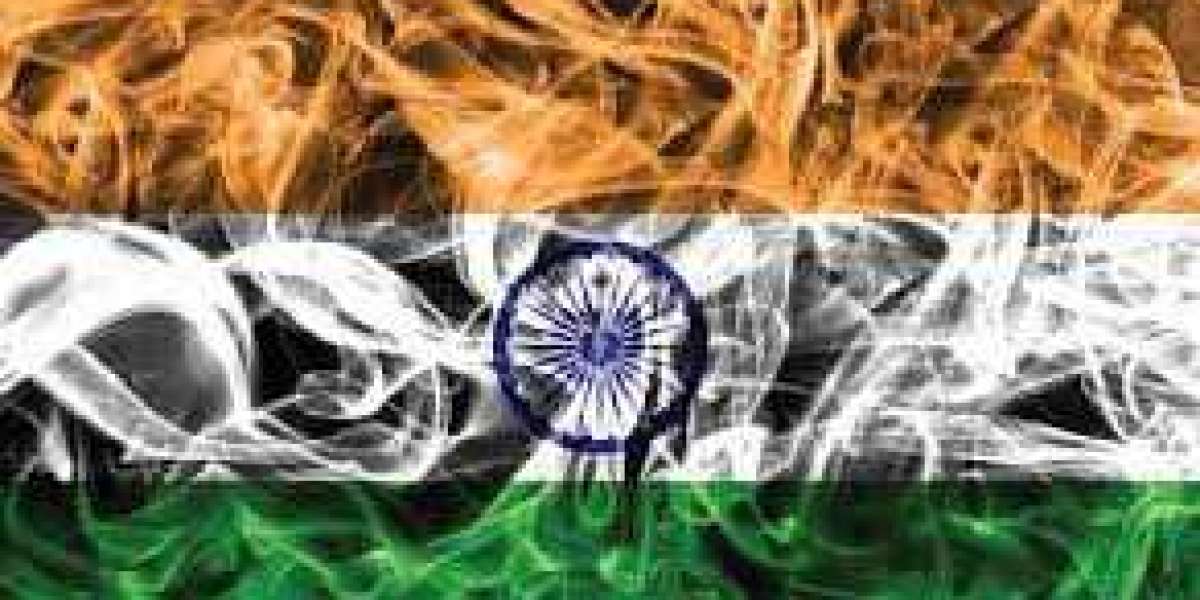Having witnessed rulers and invaders from Mughals to the British, India has had a troublesome and gruesome past. It was thus clear during the nationalist movement that independent India must function as a democracy. The leaders, hailing from the Indian National Congress considered themselves as an inclusive democratic body claiming they had incorporated leaders from all strands of the society and thus visioned the same for the country.
Challenges to democracy post-independence were met readily by the leaders. The mammoth task of conducting the first general elections with an astronomical population was successfully done in 1953. States wanting independence from the country like Jammu and Kashmir, Hyderabad and several north eastern states were not forced into staying, rather were assured of authority over internal matters of the states. This task was graciously done by Sardar Vallabhai Patel.
The spirit of democracy is thus reflected in our glorious past. But other than its past there are several other reasons for India to adopt a democratic way of functioning.
Unlike countries like America, India has a massive diversity in terms of ethnicity, race, culture and language. People believe in different ideals, worship different gods, speak different languages and yet aspire to live together in harmony. A non-democratic society could never live to this expectation. Conflicts are bound to rise amongst people in a society, be it for resources or protection of culture. A democratic country provides spaces to resolve these issues and come at conclusions in a civilised manner.
Democracy is also essential for free market. India advocates a free market for multiple reasons and a competitive market ensures better quality of services for the citizens. To meet the ever increasing basic needs of the people the government outsources duties to the private sector for better profits and quality of work in form of PSUs. The country thus bears the fruit of interdependence amongst private and public sector while also keeping both in constant checks.
It would be ignorant to say that non-democratic countries do not economically prosper since we have examples of countries like Saudi Arabia. However, it is equally important to assess deeper social, cultural and historical aspects unique to every country. While one society may prosper at the hands of a non-democratic authority, another might turn to ashes.








